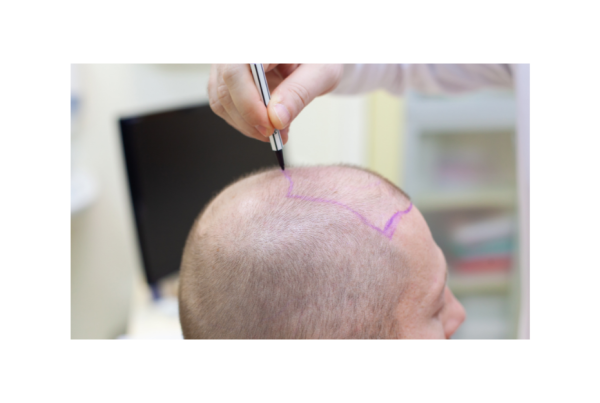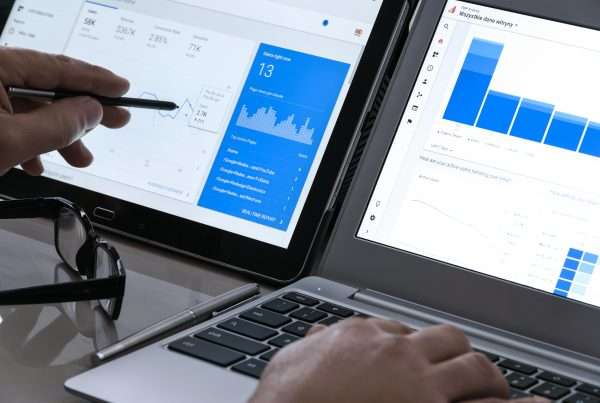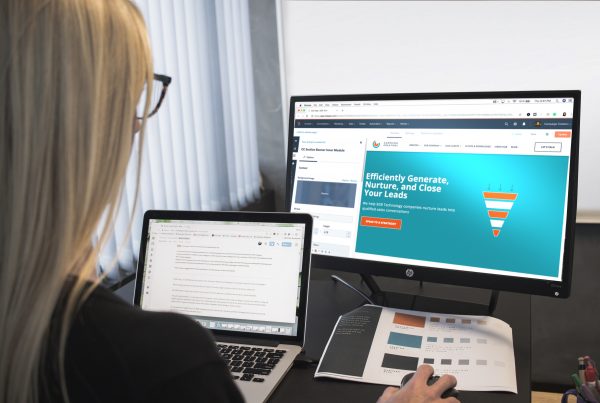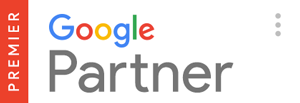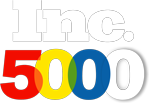The year 2020 is just a few months away. And, like most things in business, PPC is projected to change a lot in the coming 12 months. As advertising technology continues to iterate and improve, advertisers stand to gain a lot.
However, as more and more advertisers vie for the number-one spot on ad marketplaces, increased competition means you need to be smart about PPC. The key is to know which trends are fads and which are smart additions to your long-term PPC strategy.
7 Trends In PPC for 2020
We predict these 7 trends will have an impact on advertiser ROI in 2020. Buckle up and embrace these trends before you fall behind other advertisers.
1. Less manual campaign management
Thankfully, few advertisers are spending hours a day optimizing their campaigns. Automation technology was once expensive and complex to set up, but today, nearly every PPC advertiser is taking advantage of the technology.
Automation makes it easier to set up, manage, and target campaigns for improved ad spend. Whether you use built-in automation, borrow other people’s scripts, or use third-party automation software, this tech makes it easier to get results from PPC with less hands-on management.
That isn’t to say that automation is perfect. Even the most advanced automation still requires historical performance data to optimize your campaign. For small or new advertisers, that means they aren’t getting good results from their automation for potentially months, wasting ad spend in the process.
Today’s automation technology can’t make connections that the human brain can. In 2020, however, we predict that algorithms will need less historical data to run better campaigns. The result will be improved automation with fewer growing pains.
2. Hyper-personalized experiences
The best advertising personalizes content to the user experience. For years, personalization in PPC was difficult to achieve. Fortunately, with the right strategy and tools, we predict that hyper-personalized PPC will go mainstream in 2020.
This is due in large part to improved audience targeting, segmentation, and funnel tools. This means advertisers can develop better ad copy, landing pages, and display creative that connect with customers.
Of course, some of this work can’t be done by machines. You’ll still need to personalize many aspects of your PPC campaign manually, like your landing pages. But instead of designing one generic landing page per campaign, create several hyper-specific landing pages tied to the ad copy. You’ll not only see improved CTR, but also better conversion rates.
3. Video ads
Video isn’t a “new” medium for marketers. However, most advertisers still haven’t embraced video marketing to its fullest potential. But consider this: people spend one-third of their time online watching videos. If you want to get eyeballs on your ads, it’s time to get away from text or static images and embrace video.
Try video ads through the Google Display Network, YouTube, or Facebook. If there’s audio on your video, remember to add subtitles, since some users watch video without sound on. Keep your video ads short; 6 seconds is standard for Google or YouTube, and 15 seconds max for Facebook.
4. Alternative ad platforms
Google dominates PPC for search, but that doesn’t mean Google is your only option for PPC ads. In fact, choosing to go with alternative platforms can boost your ROI while decreasing costs. This depends on your audience, of course, but many brands see positive results when they stop focusing only on Google.
Consider other alternatives to Google Ads, like:
- Amazon
- Quora
- AdRoll
However, we also predict that Google won’t go quietly as advertisers leave Google for new platforms. We can expect to see even more advanced and helpful features from Google as it tries to maintain its spot as marketers’ go-to PPC platform.
5. Value-focused ads
Customers hate ads for a reason: they’re often spammy, irrelevant, and useless. Advertisers are finally realizing this and adjusting their ads accordingly. In 2020, we predict that advertisers are going to focus on value-laden ads in lieu of “buy now” ads that don’t add value.
The best way to do this is to align your PPC strategy with the buyer’s journey. Deliver the right content to users when they need it. By offering timely content, you’ll build a relationship and earn people’s trust, which are the keys to conversion. You may not see as many conversions right off the bat with this approach, but over time, you’ll build a fanatical base of supportive customers and better sales figures.
6. Increased advertising costs
Unfortunately, trends aren’t always positive. It’s worth noting that, due to increased competition, advertisers can expect to pay more for each click.
This is happening because PPC happens in a bidding marketplace. The issue is that there’s a limited amount of inventory to display your ad. As more advertisers bid against you, you have to pay more to earn one of the limited advertising slots.
However, the good news is that, if your targeting is on point, you may pay more for each click, but the clicks will be higher-quality. Everything should balance out if you follow best practices.
7. Voice search
2020 is just a few months away, but experts already predict that 50% of all searches will be done via voice in 2020. If you haven’t done anything to optimize for voice search yet, you’re behind.
Advertisers need to care about voice search because voice users aren’t using traditional keywords to search for information. Because they’re chatting casually with a voice assistant, these users have more complex, long-tail queries. If you’re targeting keywords for users behind a screen, you could miss out on 50% of all web traffic.
Advertisers that plan for voice search are going to reign supreme in 2020. But don’t worry; there’s still time to optimize your voice search campaigns.
The Bottom Line
Most of these PPC trends are already happening in 2019, but we predict that they will change, become more advanced, or gain widespread acceptance in 2020. As technology changes, we also need to change. Embrace evolution in your PPC strategy to stay relevant and competitive in the 2020 advertising landscape.
Have you already set up your PPC strategy for 2020? You have just a few weeks until the new year, but there’s still time. Get in touch with Logical Media Group’s expert PPC strategists to make 2020 your best year yet.

